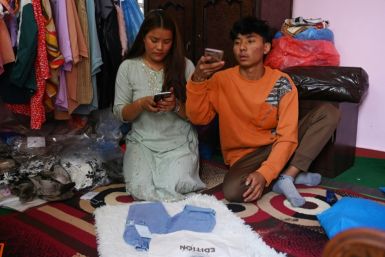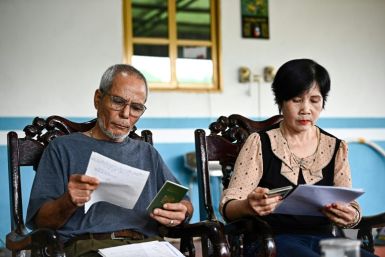Lynas takes in $324M in new investments from Japanese bank
Australia's Lynas Corp. took in a new shareholder as Japanese bank Mitsubishi UFJ Financial Group has taken close to a 10 percent stake in the mining firm worth $324 million.
Mitsubishi UFJ has taken a 9.99 percent stake in rare earths developer Lynas Corp equivalent to 170.1 million shares in a series of transactions between May 24 and June 7, a statement to the Australian Securities Exchange indicated
At current prices, the stake is worth about $324 million.
The shares taken by the Japanese bank will guarantee its off take of the rare earths mineral because Japan is one of the biggest importers of rare earths to sustain the requirements of companies including Toyota and Shin-Etsu Chemical for applications such as high-strength magnets and semiconductors.
Western politicians and industry groups have grown concerned over the past year that China, which produces about 90 percent of global rare earths supplies, could use its control over the market for leverage, leading to a desire to source the metals from other countries.
Lynas has been trying to source the rare earths metals from other countries and led it to a possible trove in Malaysia.
Nevertheless, some environmental concerns has slowed the progress of Lynas' project in Malaysia.
Recommendations
The independent body tasked to study the proposal of Australia's Lynas Corp to build a rare earths facility in Malaysia has recommended other measures to improve the safety of its proposed plant.
The independent team commissioned by the Malaysian government led by the International Atomic Energy Agency has recommended further measures be taken to ensure safety at a 700 million ringgit (S$285 million) refinery being built to supply the world's high-tech manufacturers with rare earths, the Malaysian government said on Thursday.
Australian miner Lynas Corp, which is building the plant, pledged to fulfill all the IAEA requirements and said it expects the plant to be completed by the end of the year.
The plant, which is about 40 percent completed in central Pahang state, has been the subject of heated protests over health and environmental risks posed by potential leaks of radioactive waste from the site.
Opposition to the project led the government to seek a review from the IAEA on its safety. A nine-member IAEA team visited Malaysia for six days to assess the facility.
Lynas said it would be equipped with state-of-the-art pollution controls. But the IAEA told the Malaysian government that the project lacks a comprehensive long-term waste management programme and a plan to dismantle the plant once it is no longer operating.
Malaysia's Trade ministry secretary-general Rebecca Fatima Sta Maria told reporters that the IAEA recommendations would be followed to the letter, and that raw materials would not be imported and operations would not take place beforehand.
"We will not compromise on public safety, but we have to be practical. The rare earth is a strategic industry that is beneficial to us. It must be properly managed but not avoided," she said.






